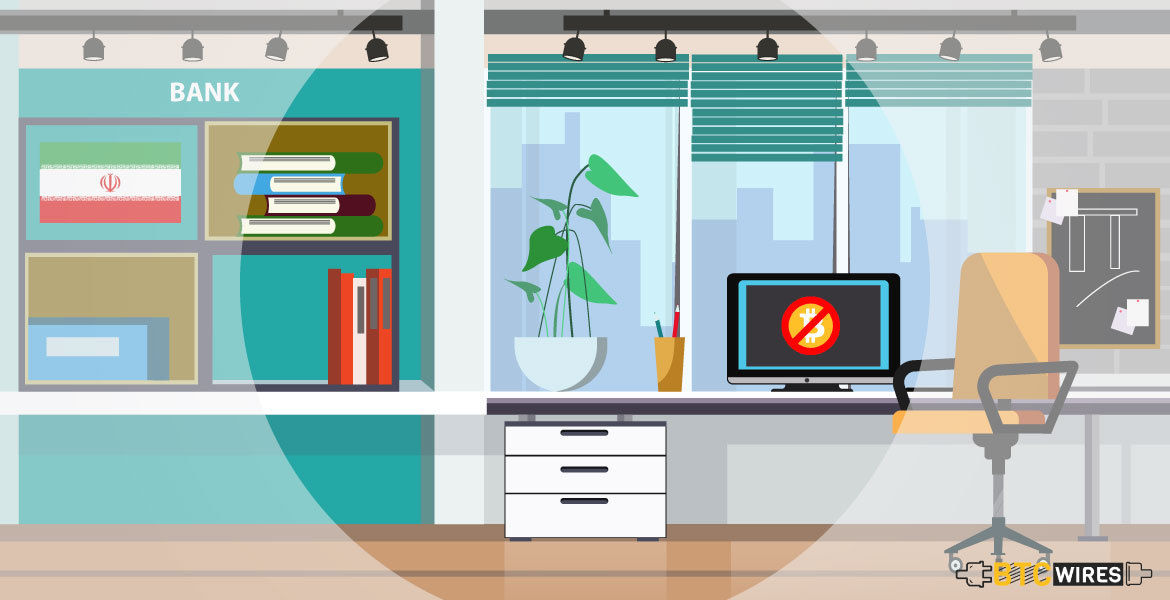The Central Bank of Iran has issued new draft rules

The Central Bank of Iran has issued new draft rules and guidelines regarding the cryptocurrency market, officially recognizing Bitcoin (BTC) and other cryptocurrencies.
Even though this contradicts (and reverses) the Bank’s previous ruling in April 2018 when it banned any and all cryptocurrency dealings throughout Iran, the new development could be of much help to the deteriorating post-sanctions economy of the country, especially with the falling value of its national currency, the Rial.
The new rules come in light of Iran’s own efforts to launch a native cryptocurrency, the ‘Crypto-Rial.’ It is part of a sustained effort on the part of Iran to reverse the adverse effects of the American sanctions on its economy.
The sanctions, placed on Iran by the US under the Trump administration in response to Iran’s nuclear test programme, has severely hit the national economy, with the economy effectively operating in a market that is closed to global trade and the financial transaction network.
The draft dubbed ‘Version 0.0’ not only recognizes Bitcoin among other cryptocurrencies but also the initial coin offerings, tokens, cryptocurrency wallets as well as cryptocurrency exchanges and bureaus. However, the use of Bitcoins or any other cryptocurrency as a form of payment in the country remains prohibited by the Central Bank. Any payments still have to be made using the Rial.
Additionally, the new draft also prohibits Iranian nationals from holding large amounts of cryptocurrencies in their wallets. the restriction is very similar to an earlier restriction that Iran had put on its citizens regarding the maximum amount of Euros that a person can hold at any given time. The cap was set at €10,000.
This development has also lent more urgency to the State’s own development of a cryptocurrency, which Iran hopes will be ready for launch soon.
The acting Head of Iran’s Trade Promotion Organization has stated that Iran is presently in negotiations to introduce the said cryptocurrency to financial transactions with representatives from eight countries in the beginning. The list includes Russia, Switzerland and South Africa. Iran is also presumed by many to be a part of the Russia-led group that is developing an alternative to the SWIFT financial network.
